Jobs with the Highest Suicide Rates (Shocking Data)

Ever wondered why some jobs have people killing themselves at much higher rates than others?
It’s a heavy topic, I know. But understanding which professions have the highest suicide rates (and why) might help us save lives – maybe even our own or someone we care about.
Let’s break down the jobs where people are more likely to end their lives, what factors contribute to this dark reality, and what can be done about it.
Jobs With The Highest Suicide Rates
The data tells a sobering story: certain professions face suicide rates that are double or triple the national average. The reasons vary – from high stress and trauma exposure to isolation and easy access to lethal means.
Top Jobs By Suicide Rate
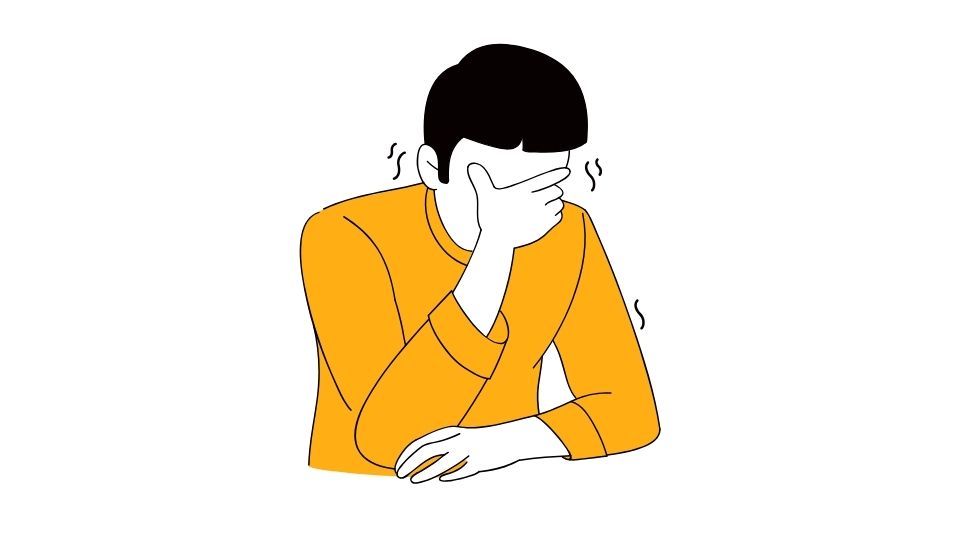
1. Construction and Extraction Workers
These folks face a staggering 52.1 deaths per 100,000 workers – more than double the national average.
Why? Think about it:
- Physically demanding work that often leads to injuries and pain
- Job instability (seasonal layoffs, project-based work)
- Workplace culture that may discourage talking about feelings
- Higher rates of substance use to cope with physical pain
As one study from the CDC found, construction workers face some of the most challenging mental health conditions among all industries.
2. Medical Doctors and Dentists
The people who save our lives are losing their own at alarming rates.
What’s going on here?
- Crushing workloads and 80+ hour weeks
- Constant exposure to suffering and death
- The pressure of life-or-death decisions
- Easy access to lethal medications
- Perfectionist personalities (common in medicine)
A recent study in JAMA confirmed that physician suicide rates remain significantly elevated compared to the general population.
3. Police Officers and Military Personnel
Those who protect us are often not protected themselves.
The contributing factors:
- Regular exposure to violence and trauma
- Shift work that disrupts sleep and family life
- The “tough it out” culture
- Easy access to firearms
- Public scrutiny and criticism
4. Farming, Fishing, and Forestry
Rural occupations have some of the highest suicide rates – almost 50 deaths per 100,000.
What’s behind this?
- Extreme isolation (sometimes working alone for days)
- Financial insecurity (one bad season can ruin you)
- Long hours of physical labor
- Weather and market uncertainties beyond their control
According to research from the University of Iowa, rural suicide rates have been consistently higher than urban rates for decades.
5. Veterinarians
Surprising to many, vets have one of the highest suicide rates of any profession.
The reasons are heartbreaking:
- Emotional trauma from euthanizing animals daily
- Crushing student debt ($200,000+ is common)
- Dealing with grieving pet owners
- Access to lethal drugs
What Makes These Jobs So Dangerous?
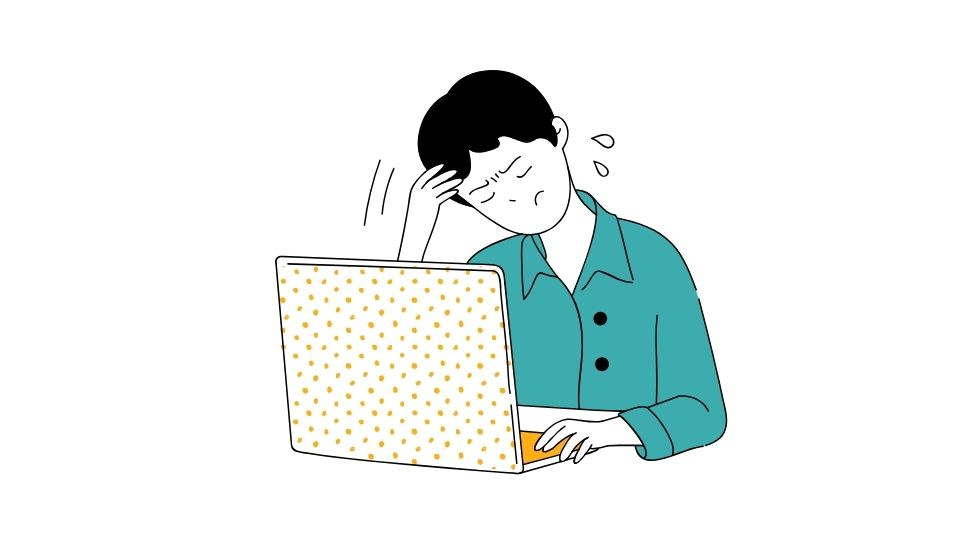
Several common threads run through these high-risk occupations:
Chronic stress and burnout – Our bodies aren’t designed to handle non-stop stress. Eventually, something breaks.
Isolation – Humans are social creatures. When work keeps us away from support systems, our mental health suffers.
Access to lethal means – Doctors have pills, cops have guns, and construction workers have heights. When someone in these professions reaches a crisis point, they often have immediate access to deadly methods.
Financial pressure – Jobs with unstable income create constant anxiety about survival.
Stigma around mental health – Many of these professions have cultures that view seeking help as weakness.
What Can Be Done About It?
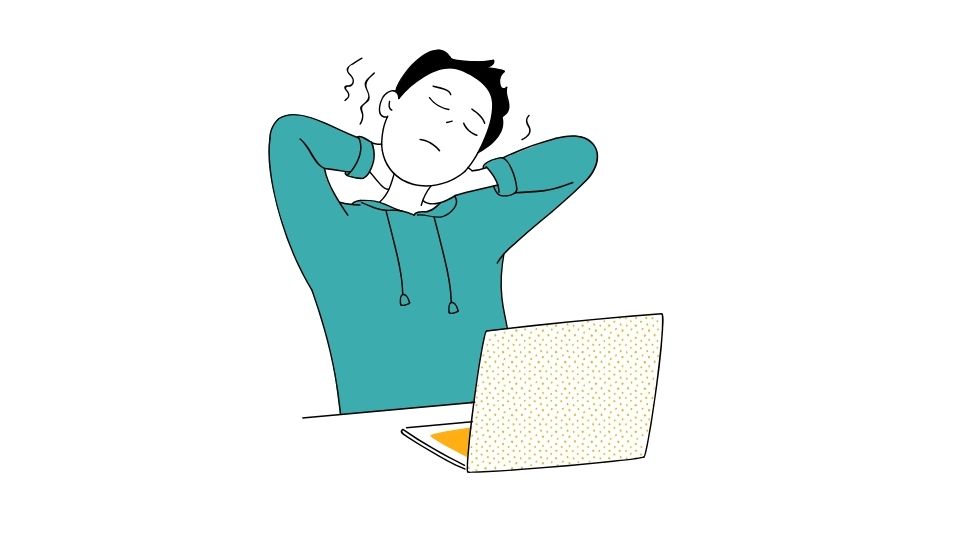
The American Foundation for Suicide Prevention recommends several approaches that actually work:
Workplace interventions that:
- Provide mental health screenings
- Offer confidential counseling services
- Train managers to recognize warning signs
- Create peer support programs
Reducing access to lethal means during crisis periods.
Changing workplace culture to normalize talking about mental health struggles.
Better work-life balance policies – because sometimes the best suicide prevention is simply getting enough sleep and seeing your family.
The Surprising Truth About Suicide Prevention
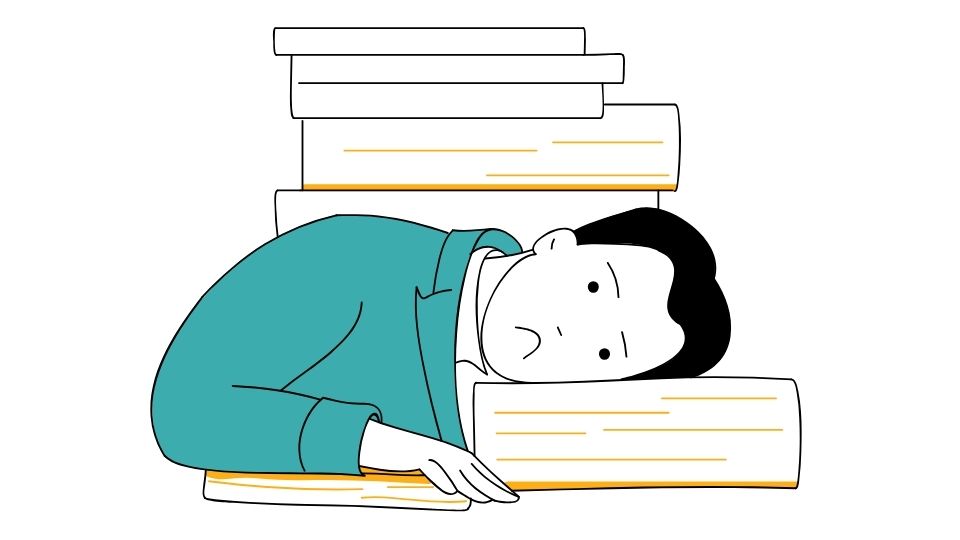
Here’s something not enough people realize: most people who survive a suicide attempt never try again.
This suggests that suicide is often an impulsive act during a temporary crisis – not a fixed, unchangeable desire to die.
If we can help people through their darkest moments, most will go on to live full lives.
For high-risk professions, this might mean:
- Creating “time out” protocols for workers showing distress
- Mandatory mental health days
- Anonymous support hotlines specific to the profession
- Routine check-ins, especially after traumatic events
The bottom line is this: your job shouldn’t cost you your life. And with better awareness and interventions, it doesn’t have to.
If you or someone you know is struggling, remember that help is available 24/7. You’re not alone, even if it feels that way right now.

